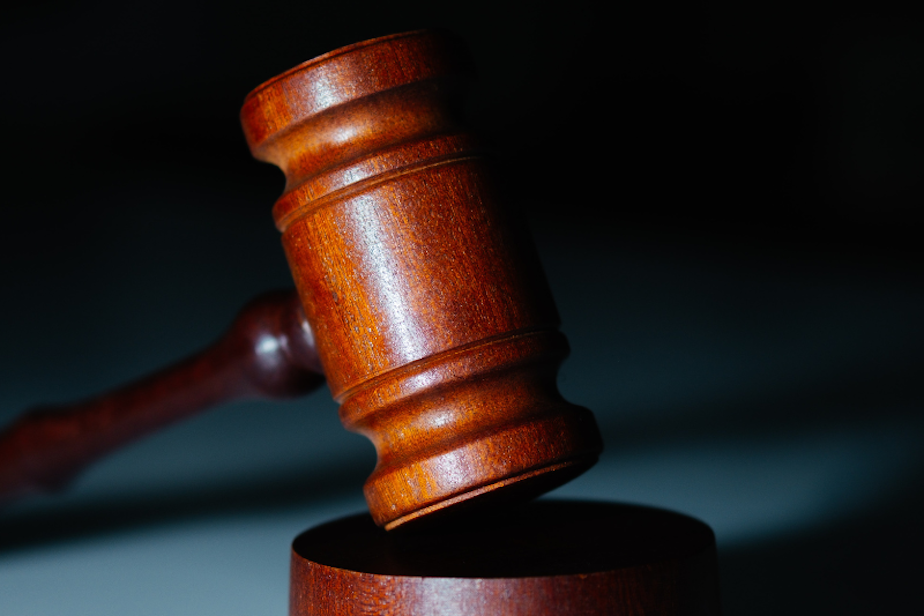SCOTUS deals setback to Seattle police officers seeking anonymity in Jan. 6 inquiry

The U.S. Supreme Court has denied a request for a stay from four current or former Seattle police officers seeking to prevent SPD from disclosing their names and other records.
The officers were investigated for attending President Donald Trump’s "Stop the Steal" rally on Jan. 6, 2021, that led to an armed insurrection at the U.S. Capitol.
The investigation by Seattle’s Office of Police Accountability found the four officers did not engage in unlawful or unprofessional conduct that day. But when private citizens, including Sam Sueoka, sought public disclosure of the investigation records, the police officers sued using pseudonyms to block the disclosure. They argued they have a right to privacy for records that include interviews about their political views.
The case made its way to the Washington Supreme Court, which found the officers should be identified in court proceedings. It was this decision that the officers asked the U.S. Supreme Court to place on hold.
Attorneys for Sueoka said they are pleased with the U.S. Supreme Court’s denial of the stay, which they said requires officers to proceed using their real names.
On Thursday, they filed a motion before King County Superior Court Judge Sandra Widlan “to bar the plaintiffs from using pseudonyms and to require the plaintiffs to use their legal names.” If they fail to do so, the motion asks Widlan to dismiss the case.
Two other Seattle police officers who attended the Jan. 6 rally were fired by SPD, after the investigation determined that they trespassed on the Capitol grounds. SPD concluded in a disciplinary report that there was an "active insurrection" happening while they were in the "immediate vicinity of the Capitol Building."
In his April 10 petition to the U.S. Supreme Court on behalf of the four remaining officers, attorney Joel Ard, wrote: “At its core, this appeal involves whether a government agency can ignore the chilling effect resulting from an employer requiring an employee to disclose their off-duty political activities and attendant impressions or motivations associated therewith, followed by widespread dissemination to those who deliberately seek this information to subject these public servants to vilification without the commission of any misconduct whatsoever.”
Attorneys for Sueoka opposed the stay, arguing that while the officers have a right to anonymous speech, they “never sought to exercise their First Amendment rights in an anonymous fashion.” They argue the officers only sought anonymity after the fact.
Attorney Neil Fox also said the issue is moot because there is evidence that the officers' identities are already known.
While the full U.S. Supreme Court denied the officers’ request, saying they appear to have other remedies available to them in state courts, Justice Samuel Alito issued a statement with Justice Clarence Thomas, saying it "should not be taken as manifesting any degree of support for the proposition that the disclosure at issue in this case is consistent with the First Amendment.”
Alito said the Washington Supreme Court’s decision in the case focused on a lack of privacy protection for attending a public event. But it “sidestepped” officers’ concerns that the records at issue include questions about their political views, which they were compelled to answer in order to keep their jobs.
“We have held that the First Amendment provides a measure of protection for the right to engage in anonymous political expression,” Alito wrote. “The applicants contend that this right will be violated if both their identities and their responses to questions on sensitive subjects are revealed.”
Ard, the attorney for the four police officers, did not respond to a request for comment. The Seattle City Attorney's office declined to comment on active litigation.



